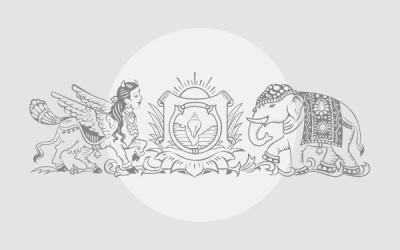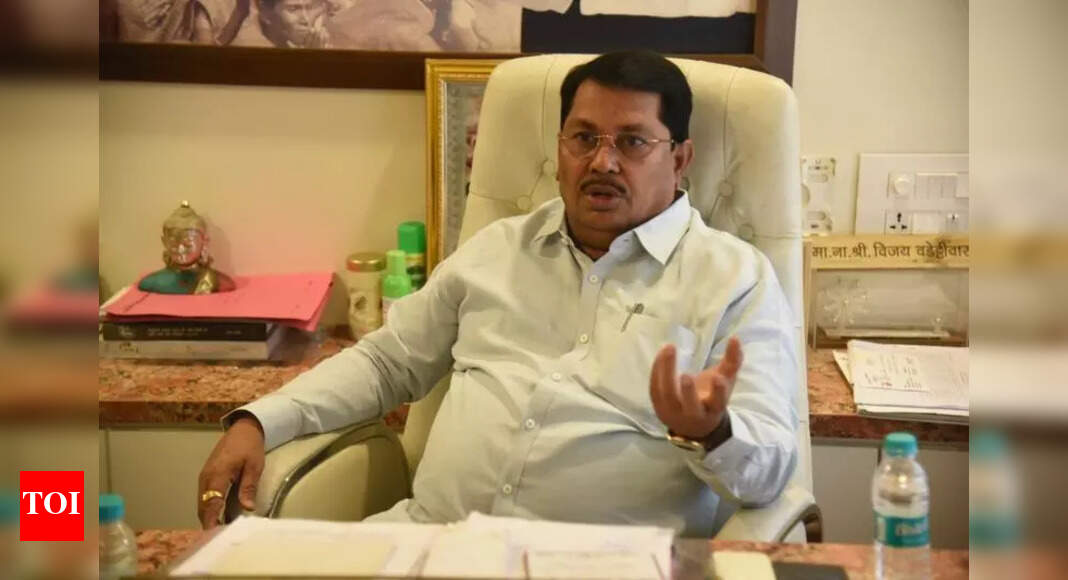V. Maitreyan, the first Brahmin to hold organisational post in DMK
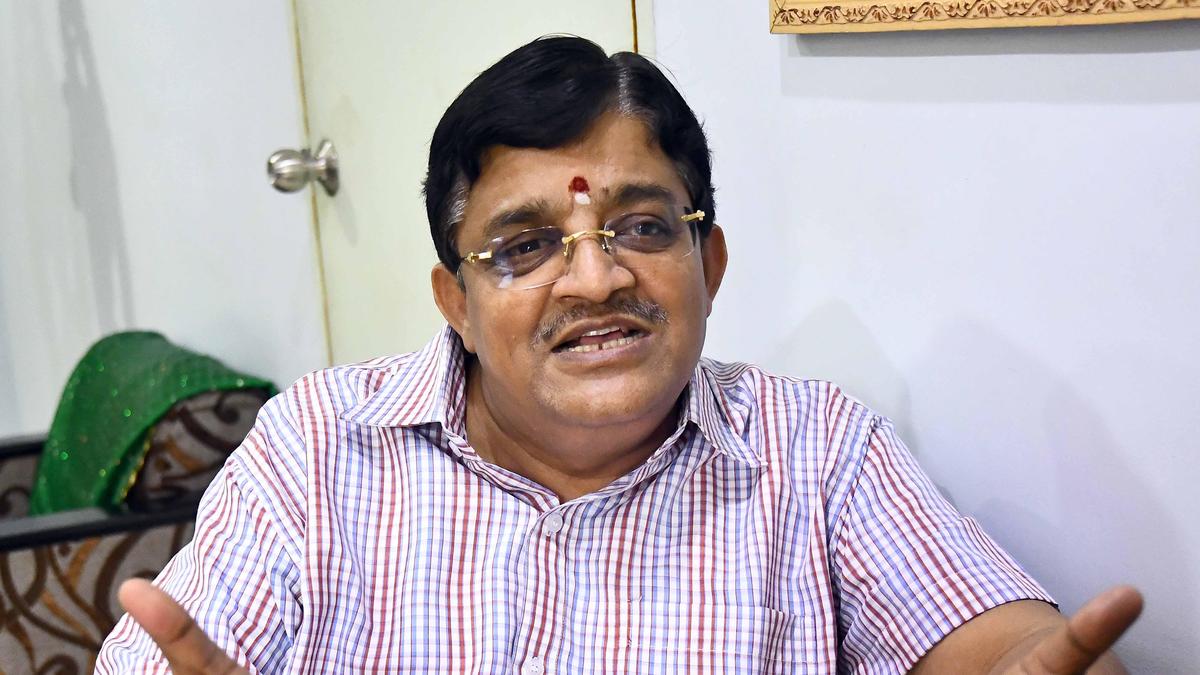

Dr. V. Maitreyan. File
| Photo Credit: M. Karunakaran
The appointment of Dr. V. Maitreyan as vice-president of the DMK’s Educators’ Wing has made him perhaps the first Brahmin to hold an organisational post in the Dravidian party. The former Rajya Sabha MP had joined the DMK in August this year.
He is among a small number of well-known Brahmins who have chosen to support or join a party traditionally associated with atheism and anti-Brahminism positions. Before Maitreyan, the notable exception was V.P. Raman, who had served as Advocate-General of Tamil Nadu during the AIADMK regime under Chief Minister M.G. Ramachandran. Raman was a member of the DMK for four years from 1957.
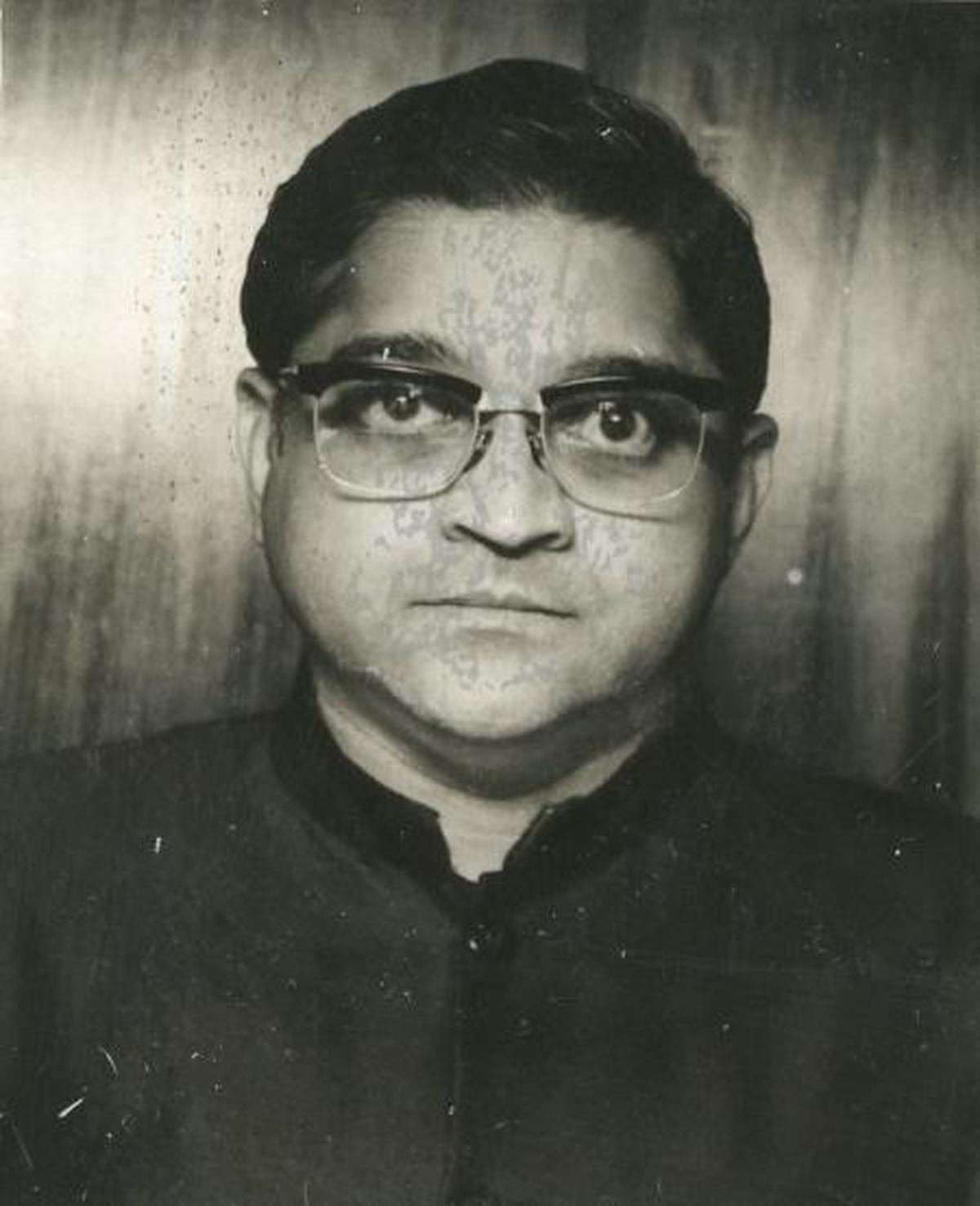
V.P. Raman
| Photo Credit:
The Hindu Archives
Mr. Maitreyan, who began his political career in the BJP before joining the AIADMK, represented the latter in the Rajya Sabha and was considered one of the trusted lieutenants of party leader and Chief Minister Jayalalithaa. Her demise left leaders from the Brahmin community, such as Maitreyan and former DGP Natarajan, elected from the Mylapore Assembly constituency, without significant political space.
In his social media message, Dr. Maitreyan, an oncologist by qualification, said he would work tirelessly to secure a grand victory under the leadership of ‘Thalapathy’ (M. K. Stalin) in the 2026 Assembly election.
Unlike the Dravidar Kazhagam, the DMK has no explicit rules prohibiting the admission of Brahmins as members. Historian K. Thirunavukkarasu discusses this in his work ‘DMK Varalaru’ (History of the DMK). In the third volume, he reproduces V.R. Nedunchezhian’s explanation, published in the magazine ‘Mandram’ in 1955. The DMK dropped the letter “r” from “Dravidar” to make the term more inclusive—signifying a nation rather than a race.
“The DMK has admitted not Arya Brahmins, but those who have relinquished Aryan Brahminical traits and ideas and embraced the culture of the Dravidian land,” writes Mr. Thirunavukkarasu, recalling Nedunchezhian’s explanation. His writing thus endorsed the inclusion of Brahmins in the DMK.
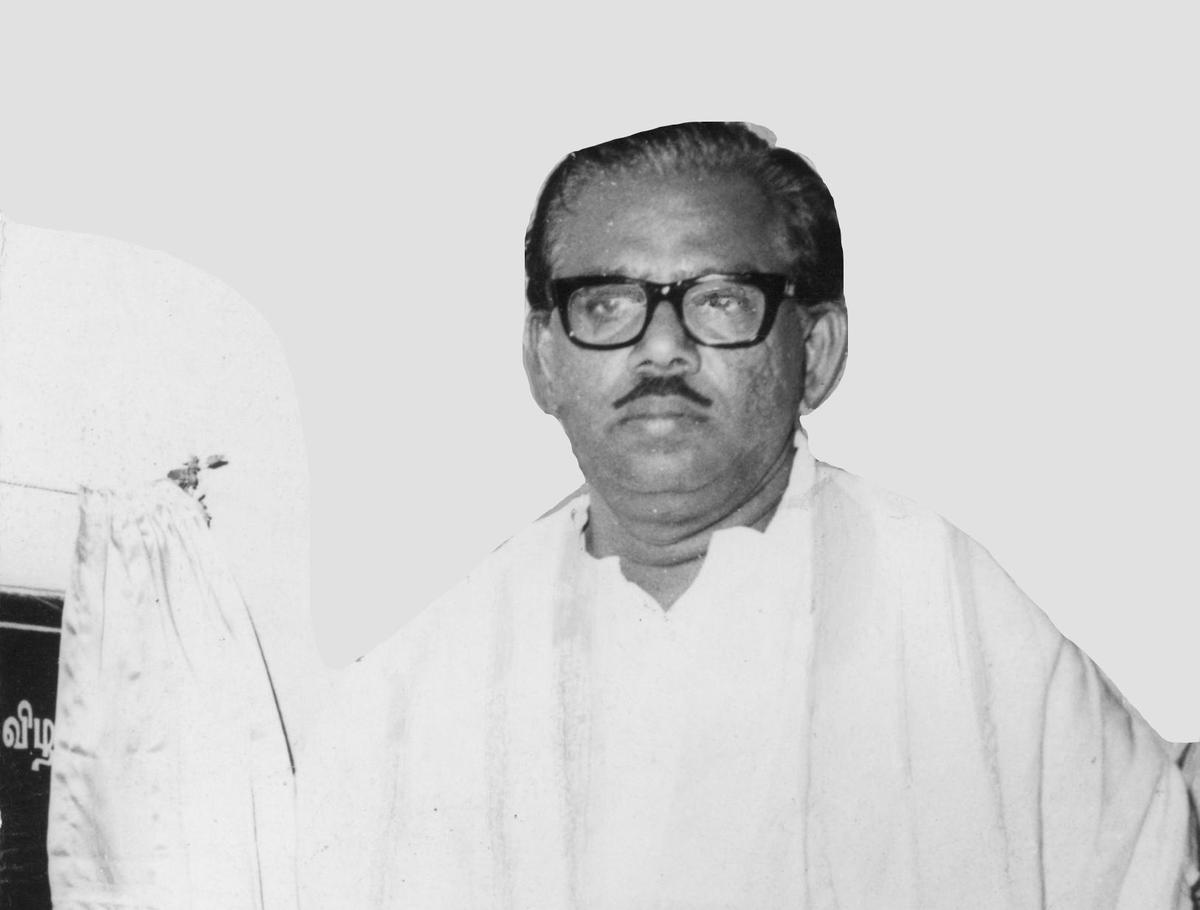
V.R. Nedunchezhian
| Photo Credit:
The Hindu Archives
The DMK has never shown an interest in admitting Brahmins into the party. It believes that the community, given its antipathy towards the party, will not vote for it. In the Madras South (now Chennai South) Lok Sabha bye-election, the DMK candidate Murasoli Maran had drawn a blank in a booth at Mylapore Chitrakulam despite a campaign by C. Rajagopalachari (Rajaji) in his favour. The bye-election was caused following the resignation of DMK founder C.N. Annadurai in 1967 when he took over as Chief Minister following the DMK’s victory in the Assembly elections.
V.P. Raman’s decision to join the DMK surprised many, given his Brahmin background. His father, A.V. Raman, was a friend of Rajagopalachari, and it was at V.P. Raman’s house, on the corner of what was then Lloyds Road, that the historic meeting between Rajaji and Annadurai took place. The meeting became a sensation. Rajaji had not yet launched his Swatantra Party, and V.P. Raman organised the meeting on his own initiative.
Mr. Thirunavukkarasu says when A.V. Raman died, Annadurai wrote an obituary in ‘Dravida Nadu’ praising him for having given a “good son to us (DMK) and to the country.” “Though born a Brahmin, he never remained a stumbling block to progressive ideas,” wrote Annadurai, who participated in a condolence meeting with Rajaji.
V.P. Raman never held any position in the DMK. Nedunchezhian, in his book ‘The DMK’, says V.P. Raman was a member of the committee to revise and review the party constitution in 1958, and the amendments were approved at the general council meeting in Mayiladuthurai in 1959. He later became Advocate-General during the AIADMK regime between 1977 and 1980.
Another notable Brahmin face of the DMK was Kamatchi Jayaraman, who became Mayor of Chennai. Her husband Jayaraman had been a DMK councillor, and after his death she was elected and became Mayor.
“But no Brahmin had become a Minister, MLA or MP in the DMK,” Mr. Thirunavukkarasu said.
Published – November 14, 2025 04:14 pm IST
